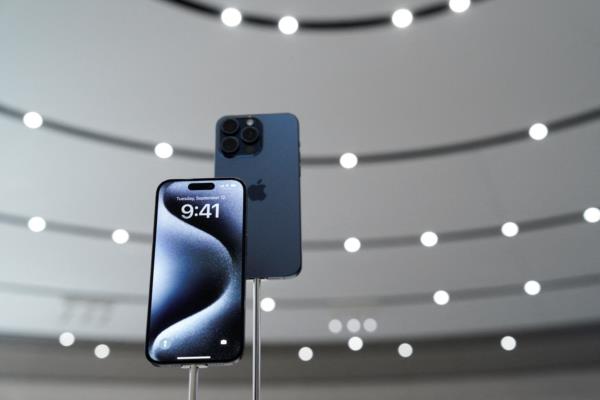
In a remarkable turn of events, Apple has surpassed Samsung to become the largest seller of smartphones globally. This significant achievement cements Apple's position as a dominant force in the highly competitive smartphone market.
According to recently released market data, Apple shipped around 72.9 million iPhones in the last quarter of 2020, surpassing Samsung's 62.1 million shipments during the same period. This marks the first time since 2016 that Apple has claimed the top spot in smartphone sales.
This extraordinary feat can be attributed to the strong performance of Apple's latest iPhone models, including the iPhone 12 series, which boasted 5G capabilities and a revamped design. These devices captivated consumers with their advanced features, drawing them towards the Apple ecosystem.
The COVID-19 pandemic has undoubtedly played a role in shaping consumer preferences and purchase patterns. As people increasingly relied on technology for work, education, and entertainment, the demand for smartphones surged. Apple strategically positioned itself to capitalize on this trend by offering cutting-edge technology and a seamless user experience.
Additionally, Apple's ecosystem, consisting of services like Apple Music, iCloud, and the App Store, has provided a system of interconnectivity and convenience that enhances the overall value proposition of owning an iPhone. This unique integration has allowed Apple to foster customer loyalty and attract new users, further propelling their smartphone sales.
Samsung, on the other hand, faced stiff competition from not only Apple but also other Chinese smartphone manufacturers, such as Huawei and Xiaomi. These companies aggressively expanded their global market share by offering feature-packed devices at more affordable price points. While Samsung maintained a significant presence across different price segments, it faced fierce competition from both high-end and budget-oriented brands.
It is important to note that market dynamics can change rapidly, and this achievement does not guarantee permanent success for Apple. Samsung has a long history of innovation and resilience, and it won't easily surrender its market position. Furthermore, the global semiconductor shortage adds an additional layer of uncertainty to the future of the smartphone industry.
Despite these challenges, Apple's triumph over Samsung reflects the enduring appeal of the iPhone and the brand's ability to adapt to changing market conditions. With its strong ecosystem, commitment to innovation, and loyal customer base, Apple has firmly established itself as a force to be reckoned with in the smartphone industry.
As the industry evolves, consumers will undoubtedly benefit from the intense competition between Apple, Samsung, and other smartphone manufacturers. This rivalry will fuel innovation and lead to the development of more advanced and feature-rich devices, ultimately enhancing the overall smartphone experience for users around the world.







